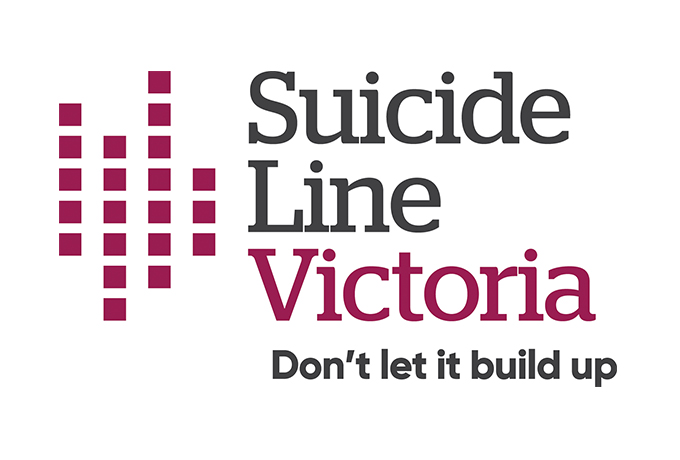SuicideLine Victoria provides free single session professional counselling services to all callers and online counselling users without a referral. We also offer free multi-session professional counselling services to eligible clients.
Single session counselling
In a single session, each interaction is treated as a standalone counselling session where we work with the caller on the issue that is of greatest concern to them. Our counsellors work with clients to help them recognise their skills and inner resources which can enable them to find a solution themselves.
At the beginning of each single session, clients are assessed as to what their level of risk may be. The outcome of this assessment might mean that additional or alternative support may be required.
These may include:
- Individuals who have a low risk may only need to be supported via one of our single sessions
- Individuals who have a medium / low risk may be referred to SuicideLine Victoria’s multi-session counselling program
- Individuals at immediate risk may be supported by our intervention process.
Multi-session counselling
Our multi-session service is a tailored program for clients who may require up to four sessions with the same counsellor. In these structured sessions, counsellors work alongside clients to achieve their goals.
Our counsellors offer clients pathways to face-to-face therapy and the development of internal capacity.
The sessions are focussed as follows:
- The Intake and Assessment team will contact the client to assess eligibility and then set up an appointment with a counsellor for the first session
- During the first session, the counsellor will conduct a Risk Assessment, as well as K10 / K5 assessment. The counsellor will prepare a multi-session goal plan based on an assessment of need
- During the following sessions (2-4), following completing of a risk screen, the counsellor will continue to work with the client to support them in the achievement of their goals
- In the final session (4), the counsellor will conduct a K10 or K5 assessment, as well as a review of goal attainment outcomes
- An evaluation and outcomes review (postvention) will occur at two intervals: 6 weeks and 3 months post intervention.
Clients will be offered multi-sessions based on the following eligibility criteria:
- They are unable to access the services they need locally
- They have recently experienced a ‘crucible’ moment in their lives (made redundant, death, relationship breakdown)
- They can benefit from low intensity, short-term general counselling
- They are referred via the Lifeline clinical team.
You can refer a client to SuicideLine Victoria by completing and submitting a PDF referral form, with as much detail as possible.




